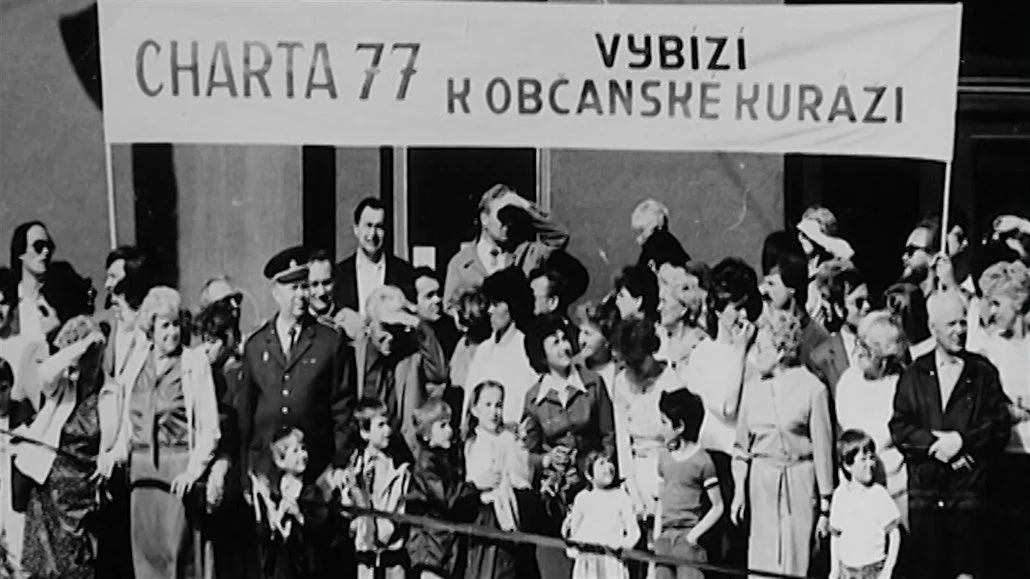Vlasta Adele Vraz was a Czech-American who served as the director of American Relief for Czechoslovakia after World War II and was arrested as a spy by the Communist government in Czechoslovakia. She was released, becoming the Czechoslovak National Council of America. She spent most of her life before World War II surrounded by writers and writing for her family’s newspaper, the “Svornost.” After her release, she continued as an editor for the American Bulletin and Vestnik before she died in 1989.
Jiřina Šiklová: Sociologist, Gender Studies Professor, and Dissident
Warsaw Pact
Charter 77
Charter 77 is a declaration of human rights published by a group of Czech citizens. It declares that “Charter 77 is not an organization,” rather an idea. Support for Charter 77 mounted as publicly supporting it became more dangerous and life-uprooting. Even still, private and public support for the declaration of peaceful resistance continued, even 40 years into it’s creation.
Palach Week
Jan Palach was a Charles University student who protested the Soviet-led invasion of Czechoslovakia and the Warsaw Pact by self-immolation. His protest inspired further protests, including a hunger strike in Wenceslas Square. These protests further inspired resistance throughout the rest of Prague, and then Europe.
The Czech Response to the American Civil Rights Movement
The American Civil Rights Movement became a method of propaganda against the United States to gain support and sympathy from non-socialist states. The Czechoslovakian government would invite activists to the nation so that communism would be promoted, including singer Paul Robeson, who would sing at the Prague Spring classical music festival in 1949. Between the 1960s and 1980s, Czechoslovakia continued to push communism in African nations, broadcasting the benefits of communism and what it would provide to Africans.










